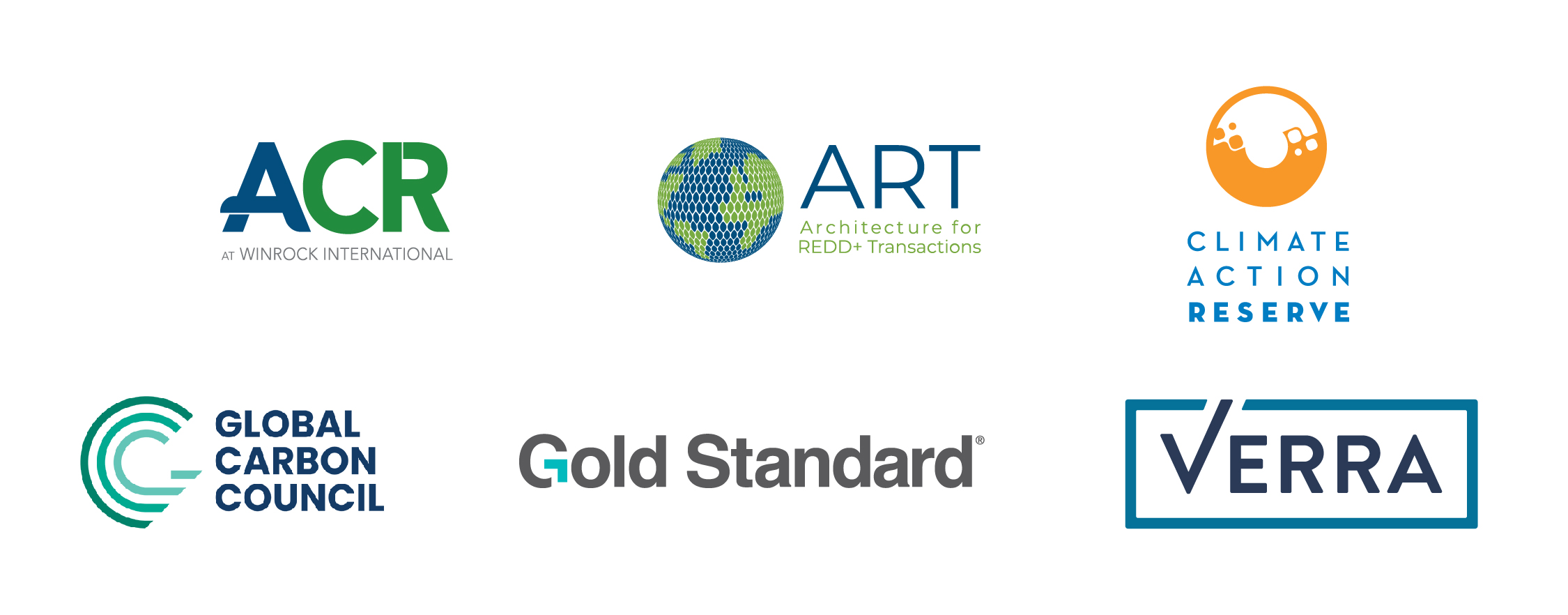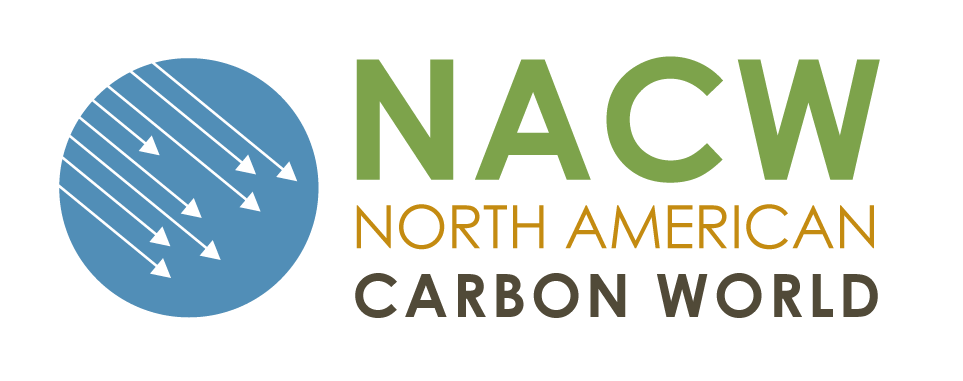COP 28, Dubai
An integrity collaboration of independent carbon crediting programmes
Independent crediting programmes are joining forces to amplify the impact of carbon markets in mitigating climate change and supporting countries in implementing Article 6 and their Nationally Determined Contributions. Our programmes have long proven the ability of robust monitoring, reporting and verification to channel finance and promote mitigation across a vast range of opportunities. We share the urgency of scaling up the flow of finance over this decade and beyond.
Carbon markets have been a critical driver of private sector investment in tangible climate action in developing countries for over 20 years. Markets have led efforts to discover mitigation opportunities, propel innovation, and rally resources and know-how to step up the momentum of change. This is only increasing. Around US$36 billion has been invested via carbon crediting projects over the past decade, with almost half of this invested since 2021 when Nationally Determined Contributions (NDCs) took effect under the Paris Agreement.1 This is vital in an environment in which finance for developing countries’ mitigation efforts remains scarce. The private sector is ready and willing to grow its provision of finance and needs concrete, credible frameworks to underpin its quality and public acceptance.
Independent carbon crediting programmes ensure high integrity in mitigation activities and the emission reductions and removals they generate. Many of us bring decades of experience in enabling the private sector to mobilize finance. The credits we issue are from real, additional, durable and verified mitigation outcomes. We strive to reinforce the quality of our crediting programmes where new scientific or technological advances offer opportunities for elevating rigour. For this, we have learned much over these decades and we now leverage this experience to continuously improve our standards, methodologies, systems and processes.
The way credits are used is undergoing a transformation. Businesses are increasingly retiring credits to compensate for their emissions alongside their work to decarbonize their operations and make net zero a reality, by 2050 at the latest but for many companies much earlier. In fact, a growing body of research shows that companies using carbon credits decarbonize their own emissions twice as fast as those that do not.2 New models to frame the use of credits as contributions to country or global mitigation are also emerging. In host countries, projects have always left behind positive impacts that multiply mitigation results beyond what is credited. Such impacts are intensified by host communities and governments receiving a portion of the project benefits and reinvesting these in tangible action to further mitigate emissions and support sustainable development. Credits are also being integrated with carbon taxes and other regulatory compliance programmes in the context of Article 6.
Countries can integrate the use of independent crediting programmes, saving the need to build and maintain their own programmes and allowing them to focus on setting their priorities for investment and sustainable development. The challenges we confront in enabling finance and ensuring integrity are the same as those that governments face. Using these crediting programmes accelerates countries’ mitigation efforts and assists them in achieving their NDCs.
To enable their use for these purposes, independent crediting programmes have added frameworks for authorizing mitigation outcomes under Article 6. We work to align with emerging methodological and reporting requirements under the Paris Agreement and to tailor our work to tie in with host country systems and processes. We seek to keep these measures simple and available for use by all countries as they integrate private sector finance into their NDC planning and low emissions growth.
We – the undersigned crediting programmes – are embarking on a collaboration to promote integrity throughout 2024 to create the next step-change in the dependability of carbon markets.
Our crediting programmes are already approved under the first global compliance regime – ICAO’s Carbon Offsetting and Reduction Scheme for International Aviation (CORSIA) – and we are all applying for independent assessment against the Core Carbon Principles that were recently released by the Integrity Council for the Voluntary Carbon Market (ICVCM). We also welcome contributions to the collaboration from other independent crediting programmes.
Specifically, the undersigned crediting programmes will undertake the following:
- We will continue to learn from each other to strengthen our crediting programmes, better support activities as they deliver mitigation and tangible community benefits, and provide robust means for countries to operationalize their Article 6 implementation strategies.
- We continue to support independent and robust assessment of our crediting programmes to ensure they meet the highest standards of credit quality. We support the work of the ICVCM in setting minimum thresholds for credit quality across the market and wish to see these thresholds rise further as we go forward.
- We will seek to align our certification with common principles for quantification and accounting. In doing so, we will better understand our differences and further ensure rigour and transparency in our standards and methodologies, while still preserving a diversity of approaches that matches the richness of mitigation activities and country circumstances.
- We will jointly pursue measures that extend the durability of carbon stocks that have been created or preserved through crediting projects and jurisdictional programmes, in particular through innovative insurance mechanisms. Durability, or permanence, relies on reducing risks that reversals might occur, robust monitoring and, in the event of any reversals, compensation for lost carbon.
- We will promote the use of robust and pragmatic indicators for benefit sharing and safeguards to strengthen transparency in community engagement and the realization of sustainable development priorities. In doing so, we will strengthen protections against adverse impacts and ensure sound stakeholder consultation and grievance redress processes.
- We will identify and encourage the provision of information on credit use to enable credible voluntary claims and compliance uses of carbon credits. Crediting programmes have a vital role to play in enhancing the transparency of claims that are made with credits, whether these are used to compensate for companies’ emissions that are not yet decarbonized or to contribute more generally to national or global mitigation efforts. Programmes also need to share information with governments when credits are used against companies’ regulatory obligations.
- We will expand how we enable financial flows to developing countries to support them in achieving their mitigation and sustainable development priorities. Crediting programmes are available to support the implementation of Article 6 and enable carbon finance to help achieve Parties’ NDCs and realise mitigation that goes beyond these NDCs. We will pursue opportunities to support capacity building and define principles for the interoperability of our systems, thus ensuring transparency and impact in the use of our crediting programmes for these purposes.

1 Investment trends and outcomes in the global carbon credit market, Trove Research, 5 September 2023.
2 Corporate emission performance and the use of carbon credits, Trove Research, 1 June 2023; All in on climate: The role of carbon credits in corporate climate strategies, Ecosystem Marketplace, October 2023.
——–
View the press release here.





Comments are closed here.